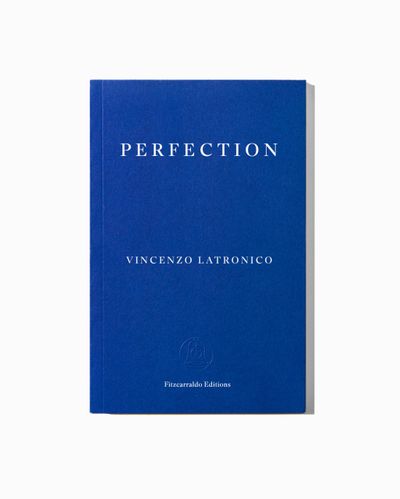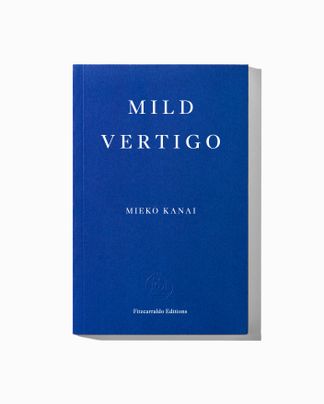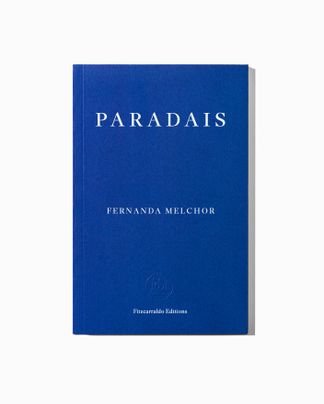Millennial expat couple Anna and Tom are living the dream in Berlin, in a bright, affordable, plant-filled apartment. Their life as young digital creatives revolves around slow cooking, Danish furniture, sexual experimentation and the city’s twenty-four-hour party scene – an ideal existence shared by an entire generation and tantalizingly lived out on social media. But beyond the images, dissatisfaction and ennui burgeon. Work becomes repetitive. Friends move back home, have children, grow up. Frustrated that their progressive politics amount to little more in practice than boycotting Uber, tipping in cash, or never eating tuna, Anna and Tom make a fruitless attempt at political activism. Feeling increasingly trapped in their picture-perfect life, the couple takes ever more radical steps in the pursuit of an authenticity and a sense of purpose perennially beyond their grasp. Superbly translated by Sophie Hughes, Vincenzo Latronico’s Perfection is a taut, spare sociological novel about the emptiness of contemporary existence, scathing and brilliantly affecting.
The Times Books of the Year 2025 | Irish Times Books of the Year 2025 | Times Literary Supplement Books of the Year 2025 | Observer Books of the Year 2025 | New York Times Books of the Year 2025 | New Yorker Books of the Year 2025 | GQ Books of the Year 2025 | iPaper Books of the Year 2025



